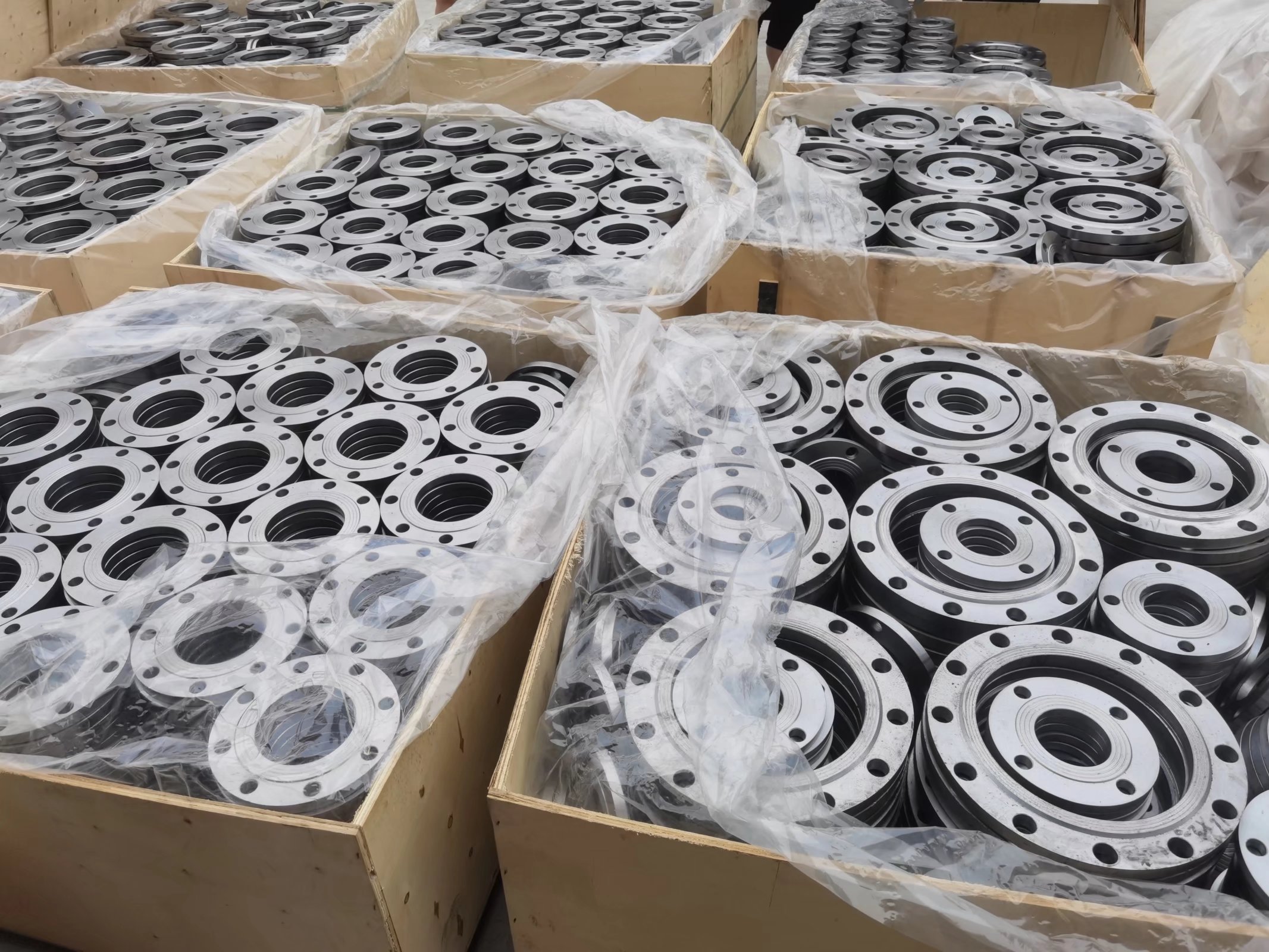Electric Valve for Washing Machines Enhancing Efficiency and Performance in Laundry Appliances
The Role of Electric Valves in Washing Machines
Washing machines have become an indispensable appliance in modern households, streamlining the labor-intensive task of laundry. One crucial component of these machines that often goes unnoticed is the electric valve. Understanding the role of electric valves in washing machines can provide insight into how they work and enhance our appreciation for this everyday convenience.
What is an Electric Valve?
An electric valve is a type of valve that is controlled by an electric mechanism. In the context of washing machines, electric valves primarily regulate the flow of water into the machine. They are typically installed at the water inlet, where they open or close based on signals from the washing machine’s control system. This allows the machine to fill with the appropriate amount of water according to the selected wash cycle.
The Functionality of Electric Valves
When a washing machine is powered on and a desired cycle is chosen, the control panel sends a signal to the electric valve to open. The valve then opens its mechanism, allowing water to flow from the household plumbing into the washing drum. The flow continues until the machine’s control system determines that the drum has filled to the required level, at which point the valve automatically closes. This entire process is automated, ensuring that washing machines can operate efficiently without the need for manual intervention.
Electric valves offer several advantages over traditional mechanical valves. They are more precise in controlling water flow and can react quickly to changes in the machine’s operation. This precision helps in conserving water usage, which is not only cost-effective but also environmentally friendly. In addition, electric valves can be equipped with features such as pressure sensors that help detect discrepancies in water levels, further enhancing the reliability and safety of the washing machine.
Types of Electric Valves in Washing Machines
washing machine electric valve

Electric valves in washing machines primarily come in two types solenoid valves and motorized valves.
1. Solenoid Valves These are the most common type found in washing machines. They function using an electromagnetic coil that, when energized, creates a magnetic field. This field pulls a metal plunger, which opens the valve to allow water flow. When the electric current is cut off, a spring mechanism returns the plunger to its original position, closing the valve.
2. Motorized Valves While less common, some advanced washing machines utilize motorized valves. These valves are operated by small electric motors that open and close the valve in response to the control signals. They can provide smoother operation and more precise control of the water flow, making them suitable for high-end washing machine models.
Maintenance and Issues
Despite their robustness, electric valves can encounter issues over time. Common problems include clogging from debris, failure to open or close due to mechanical wear, and electrical malfunctions. Regular maintenance, which may involve cleaning screens and inspecting electrical connections, is crucial for keeping washing machines functioning smoothly.
When a malfunction occurs, it can lead to either overfilling or underfilling of the washing drum, resulting in poor washing performance or even flooding. Therefore, it is essential for users to be aware of the signs of valve issues, such as unusual noises, leaks, or failure to fill with water at the start of a cycle.
Conclusion
Electric valves play a vital role in the functionality of washing machines, ensuring efficient and automatic water flow. Their ability to operate based on control signals not only simplifies the user experience but also enhances the machine’s overall performance. As technology continues to evolve, we can expect further advancements in electric valve technology, leading to even more efficient and user-friendly washing machines in the future. Understanding this integral component can help users appreciate the sophistication involved in their everyday laundry routines.
-
The Key to Fluid Control: Exploring the Advantages of Ball Valves in Industrial SystemsNewsJul.09,2025
-
The Versatile World of 1, 2, and 3 Piece Ball ValvesNewsJul.09,2025
-
Stainless Steel Ball Valves: The Ideal Choice for Efficient Flow ControlNewsJul.09,2025
-
Optimizing Fluid Control with Ball Float ValvesNewsJul.09,2025
-
Manual Gate Valves: Essential for Control and EfficiencyNewsJul.09,2025
-
Everything You Need to Know About Butterfly ValvesNewsJul.09,2025
-
The Versatility of Wafer Type Butterfly ValvesNewsJul.08,2025




